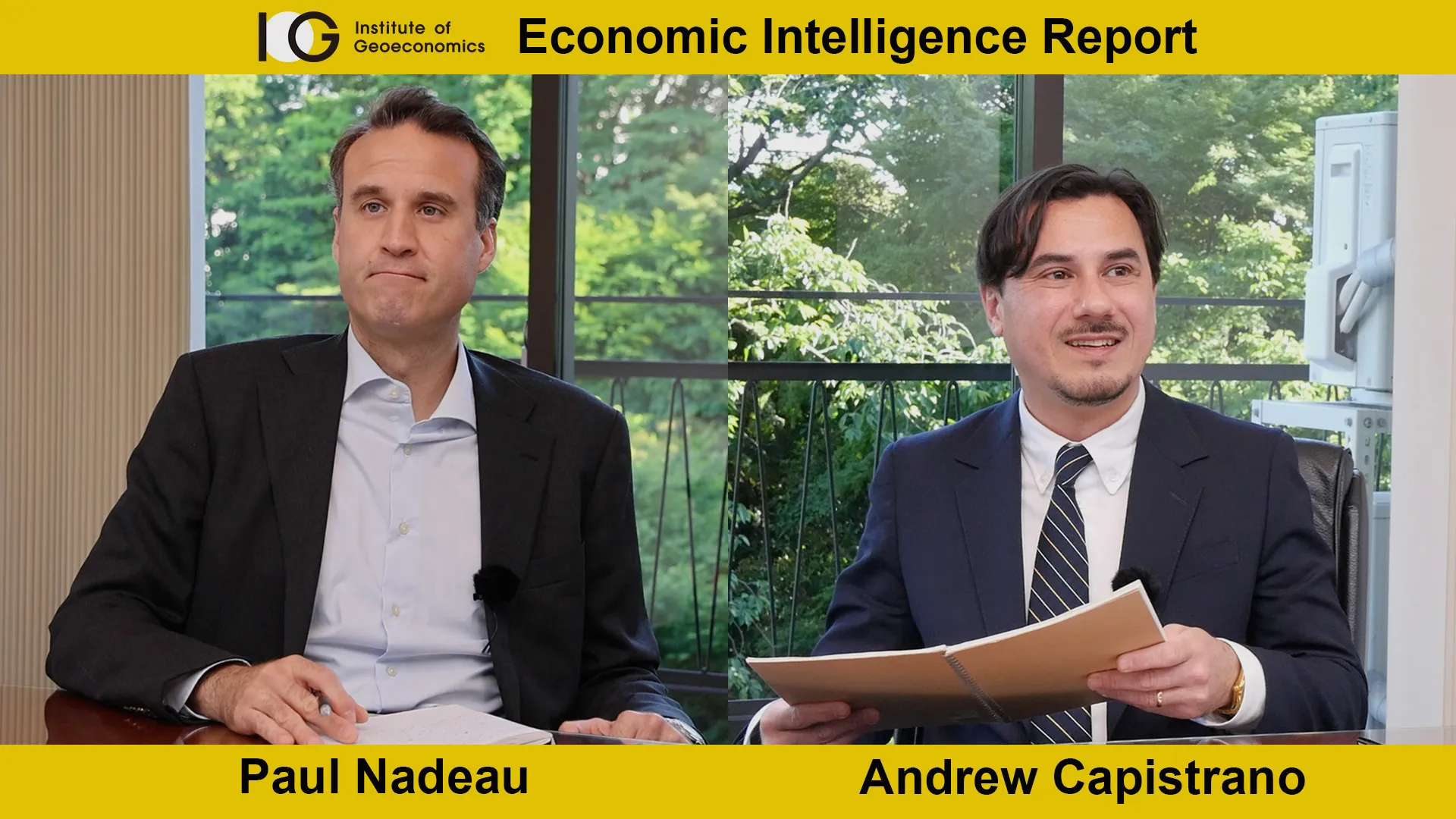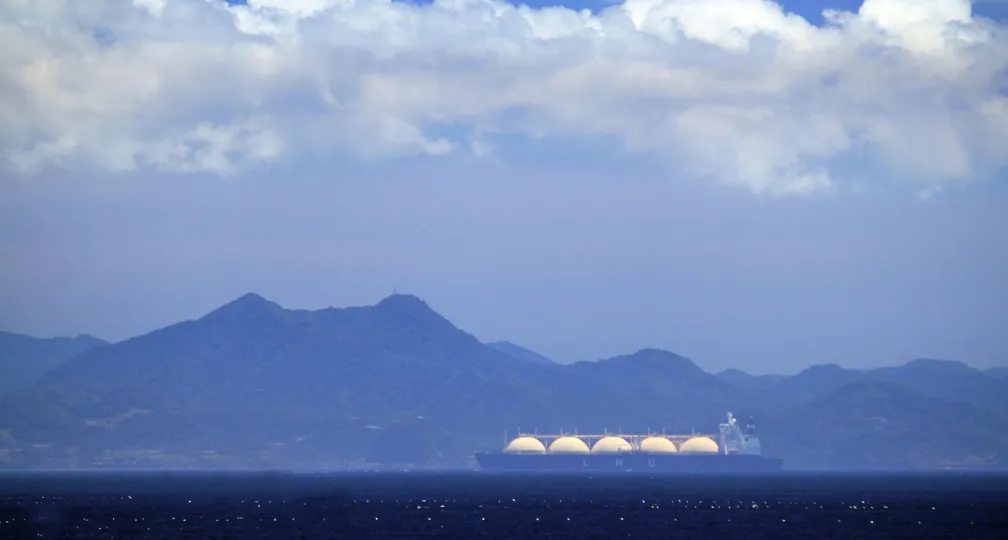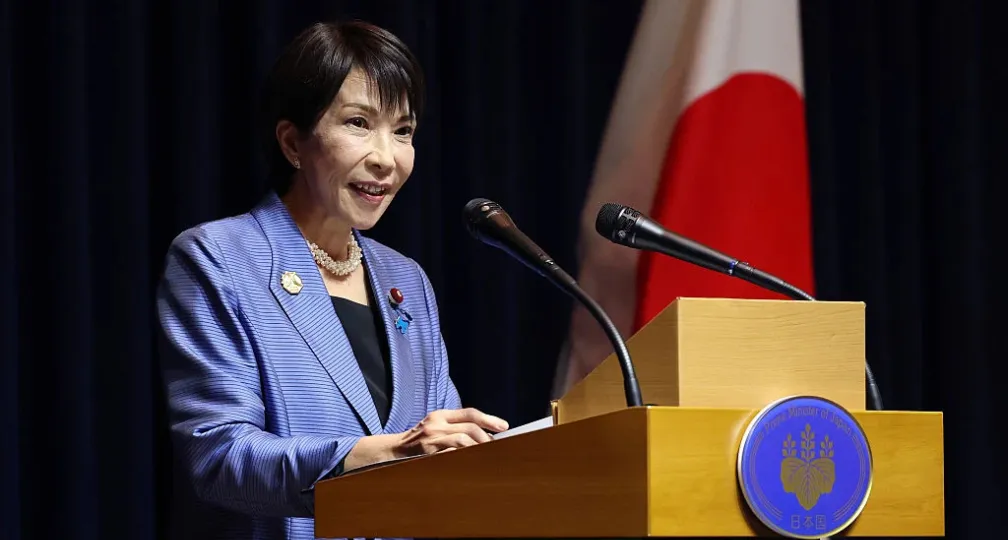IOG Economic Intelligence Report (Vol. 3 No. 3)

The latest regulatory developments on economic security & geoeconomics
EU Builds Out its Economic Security Strategy: The European Union announced a set of substantive measures to build out upon its economic security strategy released in June 2023. The package includes revisions to the foreign direct investment screening program, outward investment screening, improving export controls for dual-use goods, expanding research and development, and research security. The potential measures would require the EU’s 27 member states to revise their rules on each component proposed in order to harmonize each member country’s rules in these areas.
United States Sanctions Israeli Settlers: The United States imposed financial sanctions, including asset and property freezes, on four Israeli individuals involved with violence against Palestinians in the West Bank. The targeted individuals would be prohibited from entering the United States and prohibits anyone residing in the United States or possessing U.S. citizenship from engaging in financial transactions with them.
Skepticism about Market Status for Vietnam: Senator Elizabeth Warren (D-MA) led a letter signed by eight senators, joined with a letter signed by 25 House Democrats and led by Rep. Rosa DeLauro (D-CT) to the U.S. Commerce Department expressing concern about the possibility of granting Vietnam status as a market economy. The Commerce Department is currently reviewing Vietnam’s market economy status, a process that is expected to conclude in July and amidst the Biden administration’s outreach towards Vietnam. The letters detailed the signatories’ concerns about Vietnam’s labor practices, particularly the use of child labor and forced labor, as well as concerns that expanding trade with Vietnam would worsen economic distortions in the United States if Vietnam becomes a conduit for “unfairly traded” Chinese goods to enter the United States. Republican Senators J.D. Vance (R-OH), Josh Hawley (R-MO), and Tom Cotton (R-AR) recently sent their own letter to the Commerce Department asking to prevent granting Vietnam market economy status, arguing that it would reinforce the position of the Communist Party of Vietnam, weaken trade and security protections, and harm U.S. industry and workers.
Republican Frustration with USTR’s Digital Trade Strategy: A group of 50 House Republicans, led by Energy, Climate, and Grid Security Subcommittee Chair Jeff Duncan (R-SC) and Rep. John Joyce (R-PA), sent a letter to the Office of the U.S. Trade Representative expressing their “concern and disappointment” with U.S. Trade Representative Katherine Tai’s decision to abandon support for the World Trade Organization’s proposed digital trade principles. Their letter wrote that, “The decision to step back from negotiations not only undermines the competitive edge of U.S. companies and small businesses, but also relinquishes leadership to strategic competitors who remain actively engaged in ongoing digital trade discussions”.
Germany and Japan Sign Military Cooperation Agreement: Germany and Japan signed an Acquisition and Cross-Servicing Agreement (ACSA) on January 29 that will facilitate sharing of military supplies and logistical support and allow use of each side’s facilities during joint exercises. Negotiations on the pact began in September and an agreement was reached in principle in December. Germany is the seventh country to sign an ACSA with Japan, following the United States, Australia, Britain, Canada, France and India.
Proposal to Eliminate Double Taxation between Taiwan and the U.S. Moves Forward: The House of Representatives passed a measure to eliminate double taxation between Taiwan and the United States as part of the Tax Relief for American Families and Workers Act of 2024 in a bipartisan vote on February 1. The bill, which has the support of the White House, will now go to the Senate for its consideration. The Embassy of China in the United States has expressed its objection to the provisions related to Taiwan.
Analysis: Election Year Geoeconomics
If “all politics is local” and if geoeconomics is a product of domestic politics, then it figures that geoeconomics is local, at least to a degree. If it’s a presidential election year, then local politics are going to make their presence felt even more than usual. And when the “locality” is a swing state that will help decide the election, then local concerns are going to be felt throughout the entire international system.
Since it’s basically true that the benefits of trade are diffuse and the costs are acute, it follows that the political constituencies for trade are diffuse, while the constituencies of those who experienced the negative impacts are concentrated. Because U.S. presidential elections are the aggregate of the individual votes of each state and a few of the territories, a few states become particularly important as campaigns try to add up the votes necessary to achieve a majority. In this case, it’s a few of the “rust belt” industrial states of the upper Midwest whose votes are critical to winning a majority, and as a result the concerns of those states take on an outsized importance.
This year, it’s Ohio that’s helping to play that role. Trump carried Ohio in 2020 by around 8.03% and recent polls show Trump is pulling away again (while polls at this point of the election don’t have much predictive value, they’re still provide some insight into the general mood). Even without Ohio, Biden will need to pick up a combination of states that for now primed to be “toss ups”, meaning their results could go either way. In the last election, many of these states were settled by only a few thousands of votes, percentages in the single digits that could go in any direction depending on the breaks.
But it’s not just the presidency that’s a concern – Democratic incumbent Senator Sherrod Brown is also up for reelection with polls showing only a 1-2% lead over his potential challengers. The Senate as a whole is challenging for Biden’s Democrats, where the balance is already a razor-thin 51-49. Because the Senate’s election cycle has one-third of the chamber up for election in each cycle, circumstance has meant that Democrats need to defend ten more seats than Republicans. Of those seats, three – Arizona, Montana, and Ohio – are considered “toss ups”. If one of those seats goes to Republicans, they would likely win the chamber, controlling both houses of Congress and making the next two years extremely complicated for Biden.
The close polls, perceptions that the economy is struggling, and the idea that trade liberalization is responsible for voter anxiety in places like Ohio have the Biden administration constantly looking over its shoulder. It’s not an exaggeration to say that it’s animated the Biden administration’s approach to international economics almost from the beginning and why they’ve consistently dismissed the “old ways” of trade liberalization but not really offering anything concrete on what might replace it. Agreements like IPEF were advertised as the “new way” but after IPEF and a similar agreement with the United Kingdom were shelved following concerns from Congress, there’s no substance to support the existence of a “new way”. Sources familiar with the negotiations between the United States and UK said that the U.S. side insisted that their counterparts “put yourself in the shoes of somebody in Pennsylvania” (no accident that Pennsylvania is also a swing state).
The Ohio race alone has managed to have a demonstrated impact on U.S. international economic policy, and Sherrod Brown’s objections were enough to kill the trade pillar of IPEF almost singlehandedly. Brown’s further statement that no one involved with the Trans-Pacific Partnership should have a place in the administration is a pretty clear signal of where Democrats stand on trade liberalization, while the Republican candidate ended U.S. participation in TPP in the first place. Meanwhile, the United Auto Workers, an influential voice in rust belt states like Ohio, are pressing for higher auto tariffs when USMCA comes up for review in 2026 and while this won’t have direct implications for this year’s elections, it’s another strong sign of the mood of stakeholders and voters when it comes to international economics.
It’s understandable to focus on election politics in rust belt states where margins are thin and decisive. Obviously, any administration is going to be “Janus-faced”, looking at international concerns and domestic concerns at the same time, but that also doesn’t mean that U.S. negotiators have to lecture their counterparts as if they’re on the campaign trail in the rust belt. Even if it’s an election year with a tough Senate map, the Biden administration seems patently disinterested in any accommodations to international partners. Those partners should appreciate the situation that the Biden administration is in and adjust expectations accordingly, but if global leadership requires an economic dimension, the Biden administration can’t let Ohio dictate everything.
Disclaimer: The views expressed in this IOG Economic Intelligence Report do not necessarily reflect those of the API, the Institute of Geoeconomics (IOG) or any other organizations to which the author belongs.
API/IOG English Newsletter
Edited by Paul Nadeau, the newsletter will monthly keep up to date on geoeconomic agenda, IOG Intelligencce report, geoeconomics briefings, IOG geoeconomic insights, new publications, events, research activities, media coverage, and more.


Visiting Research Fellow
Paul Nadeau is an adjunct assistant professor at Temple University's Japan campus, co-founder & editor of Tokyo Review, and an adjunct fellow with the Scholl Chair in International Business at the Center for Strategic and International Studies (CSIS). He was previously a private secretary with the Japanese Diet and as a member of the foreign affairs and trade staff of Senator Olympia Snowe. He holds a B.A. from the George Washington University, an M.A. in law and diplomacy from the Fletcher School at Tufts University, and a PhD from the University of Tokyo's Graduate School of Public Policy. His research focuses on the intersection of domestic and international politics, with specific focuses on political partisanship and international trade policy. His commentary has appeared on BBC News, New York Times, Nikkei Asian Review, Japan Times, and more.
View Profile-
 Japan’s Sea Lanes and U.S. LNG: Towards Diversification and Stabilization of the Maritime Transportation Routes2026.02.24
Japan’s Sea Lanes and U.S. LNG: Towards Diversification and Stabilization of the Maritime Transportation Routes2026.02.24 -
 Fed-Treasury Coordination as Economic Security Policy2026.02.13
Fed-Treasury Coordination as Economic Security Policy2026.02.13 -
 What Takaichi’s Snap Election Landslide Means for Japan’s Defense and Fiscal Policy2026.02.13
What Takaichi’s Snap Election Landslide Means for Japan’s Defense and Fiscal Policy2026.02.13 -
 Challenges for Japan During the U.S.-China ‘Truce’2026.02.12
Challenges for Japan During the U.S.-China ‘Truce’2026.02.12 -
 India and EU Sign Mother of All Deals2026.02.09
India and EU Sign Mother of All Deals2026.02.09
 Orbán in the Public Eye: Anti-Ukraine Argument for Delegitimising Brussels2026.02.04
Orbán in the Public Eye: Anti-Ukraine Argument for Delegitimising Brussels2026.02.04 Fed-Treasury Coordination as Economic Security Policy2026.02.13
Fed-Treasury Coordination as Economic Security Policy2026.02.13 When Is a Tariff Threat Not a Tariff Threat?2026.01.29
When Is a Tariff Threat Not a Tariff Threat?2026.01.29 Oil, Debt, and Dollars: The Geoeconomics of Venezuela2026.01.07
Oil, Debt, and Dollars: The Geoeconomics of Venezuela2026.01.07 India and EU Sign Mother of All Deals2026.02.09
India and EU Sign Mother of All Deals2026.02.09














